Govt.-IMF talks set to wrap up
A government delegation and a visiting IMF mission are today expected to complete official talks regarding the fifth revision of the current stand-by.
Tuesday, 31.08.2010.
13:05

A government delegation and a visiting IMF mission are today expected to complete official talks regarding the fifth revision of the current stand-by. According to Economy Minister Mladjan Dinkic, it has been agreed with the IMF to give one-time RSD 5,000 bonuses (EUR 48) to a million pensioners this fall. Govt.-IMF talks set to wrap up There has also been agreement regarding additional state incentives for the economy, agriculture and necessary expenses for social protection. Dinkic said that they found a compromise solution to unfreeze public sector salaries in January 2011, instead in April, as originally planned. Economists think that increases wages and pensions will not jeopardize macroeconomic stability if Serbia sticks to the agreement with the IMF. Faculty of Economy professor Pavle Petrovic believes that macroeconomic stability will not be threatened if the increase in wages and pensions remains within certain limits. “The deal is to increase wages during the entire 2011 by the amount of inflation plus a half of the GDP growth. A rough estimate is that the increase in wages and pensions during 2011 could rise by about seven percent. If the growth stays within those limits then it shouldn’t affect macroeconomic stability, inflation and such,” he was quoted. Goran Nikolic of the Center for New Policy has a similar opinion. He thinks that such a small increase should not have any effect on the inflation in the country. “I think that, when it comes to an effect on the inflation and macroeconomic stability, such relatively small increase, which we will have after two years, should not cause big problems for monetary policy, especially keeping in mind that we still have weak demand, meaning weak purchasing power,” he stressed. “It should be said that salaries in Serbia have been low in the last two years, they have dropped significant in euros, and that this figure was seven percent only in the last year - 13 percent when it comes to pensions. Even Bulgaria now caught up with Serbia, Macedonia has higher salaries than Serbia, Montenegro has over 40 percent higher salaries than Serbia,” Nikolic added. When it comes to subsidies for the economy, Petrovic thinks that it should only be a temporary measure and there should be fewer next year. “Whenever there are subsidies and when the state is giving out money, there’s always inefficiency, lobbying and redistribution. And it’s only a necessary evil that should be exited, on the one hand for the efficiency itself and on the other, it would make space where savings in consumption could be made,” the professor points out. However, Nikolic thinks that subsidies will be a basis of the economic growth in the coming period. “It’s very good that fiscal incentives continue and about two thirds of money, that will be provided by a better filling up of the budget than it was in April, are considered incentives to the economy,” he explained. “Subsidized loans, which in my opinion are a key to sustainment and slight growth of the economic activity, continue this year just like at the end of the year, and there was talk that money will run out in October, even in 2011,” Nikolic added. In the first half of the year the state budget received RSD 20bn more than planned.
Govt.-IMF talks set to wrap up
There has also been agreement regarding additional state incentives for the economy, agriculture and necessary expenses for social protection.Dinkić said that they found a compromise solution to unfreeze public sector salaries in January 2011, instead in April, as originally planned.
Economists think that increases wages and pensions will not jeopardize macroeconomic stability if Serbia sticks to the agreement with the IMF.
Faculty of Economy professor Pavle Petrović believes that macroeconomic stability will not be threatened if the increase in wages and pensions remains within certain limits.
“The deal is to increase wages during the entire 2011 by the amount of inflation plus a half of the GDP growth. A rough estimate is that the increase in wages and pensions during 2011 could rise by about seven percent. If the growth stays within those limits then it shouldn’t affect macroeconomic stability, inflation and such,” he was quoted.
Goran Nikolić of the Center for New Policy has a similar opinion. He thinks that such a small increase should not have any effect on the inflation in the country.
“I think that, when it comes to an effect on the inflation and macroeconomic stability, such relatively small increase, which we will have after two years, should not cause big problems for monetary policy, especially keeping in mind that we still have weak demand, meaning weak purchasing power,” he stressed.
“It should be said that salaries in Serbia have been low in the last two years, they have dropped significant in euros, and that this figure was seven percent only in the last year - 13 percent when it comes to pensions. Even Bulgaria now caught up with Serbia, Macedonia has higher salaries than Serbia, Montenegro has over 40 percent higher salaries than Serbia,” Nikolić added.
When it comes to subsidies for the economy, Petrović thinks that it should only be a temporary measure and there should be fewer next year.
“Whenever there are subsidies and when the state is giving out money, there’s always inefficiency, lobbying and redistribution. And it’s only a necessary evil that should be exited, on the one hand for the efficiency itself and on the other, it would make space where savings in consumption could be made,” the professor points out.
However, Nikolić thinks that subsidies will be a basis of the economic growth in the coming period.
“It’s very good that fiscal incentives continue and about two thirds of money, that will be provided by a better filling up of the budget than it was in April, are considered incentives to the economy,” he explained.
“Subsidized loans, which in my opinion are a key to sustainment and slight growth of the economic activity, continue this year just like at the end of the year, and there was talk that money will run out in October, even in 2011,” Nikolić added.
In the first half of the year the state budget received RSD 20bn more than planned.




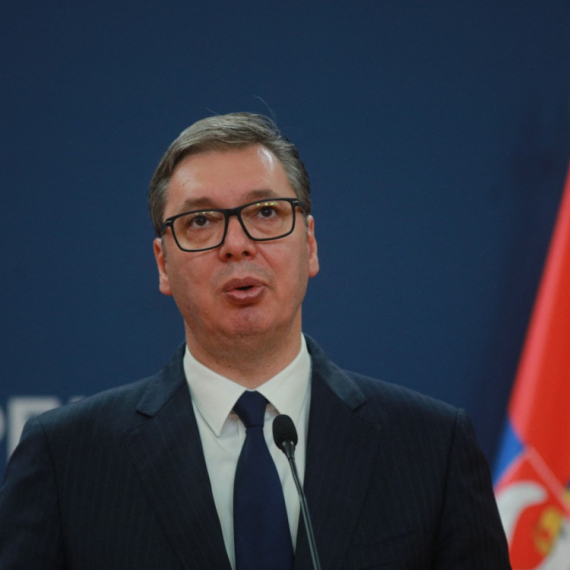
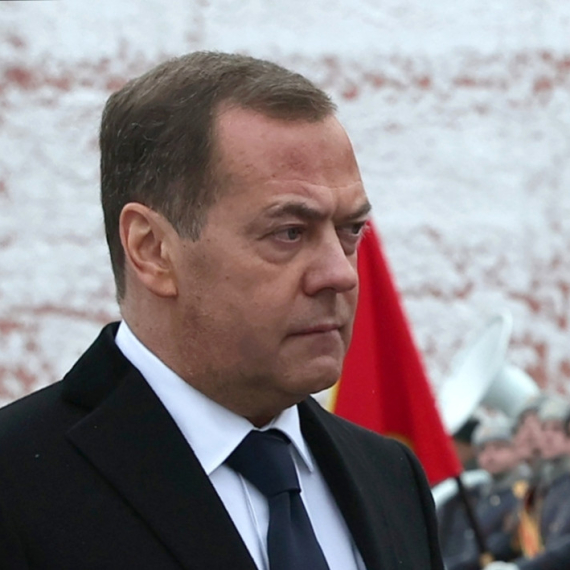











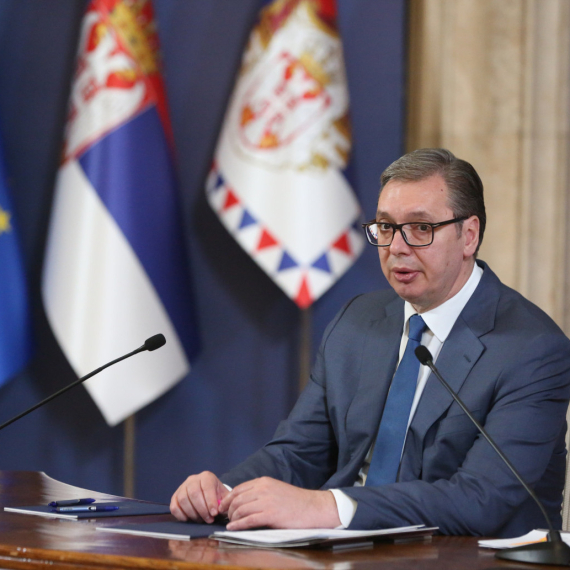























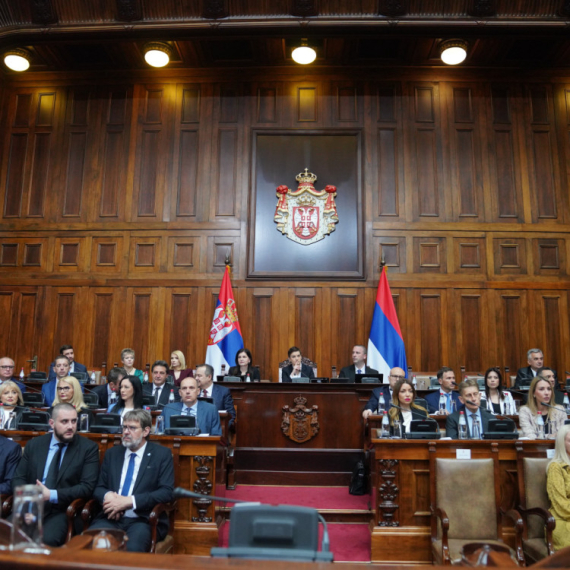

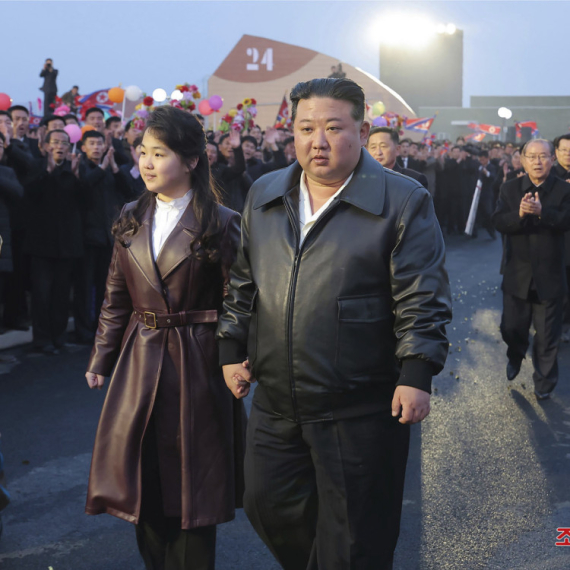

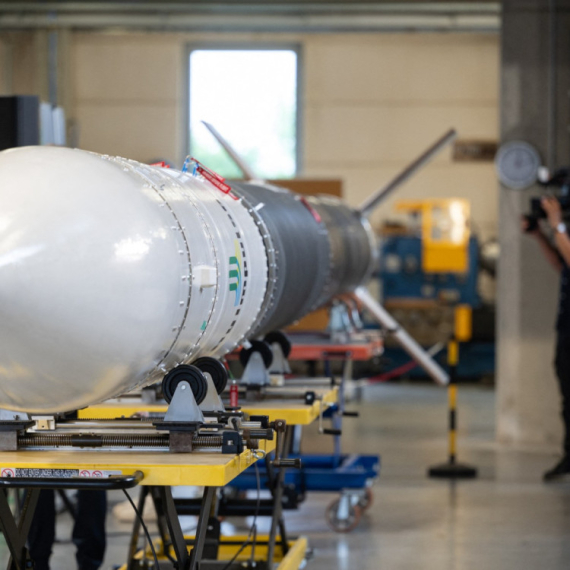








Komentari 0